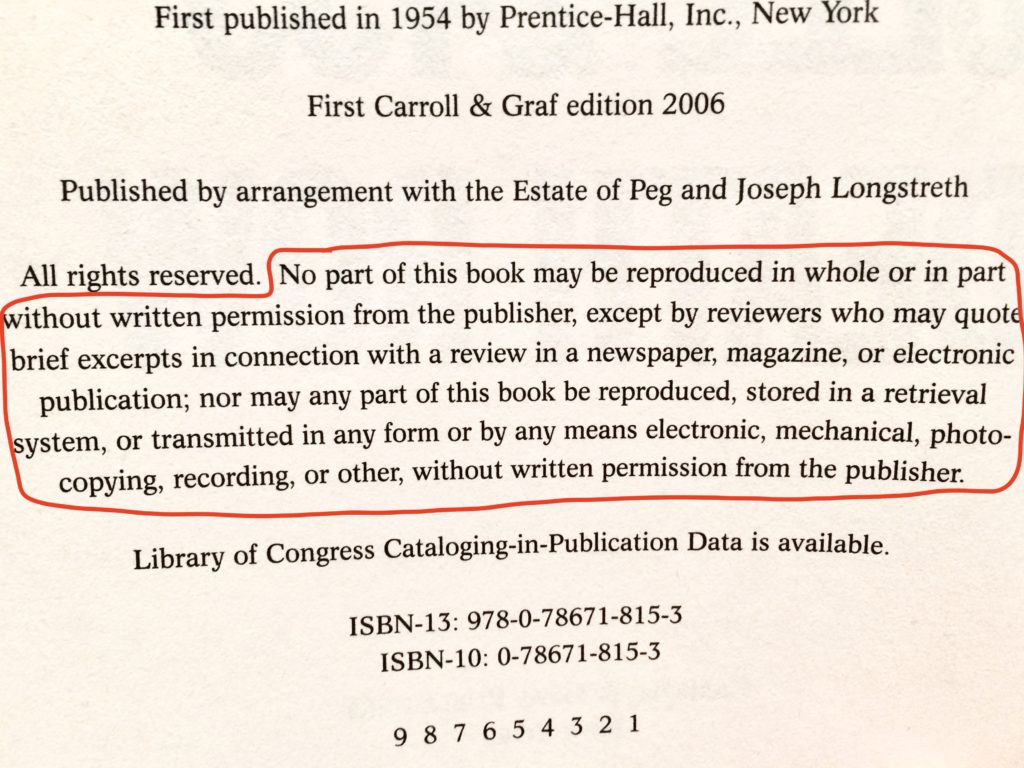There was an unfortunate (and provable) case of plagiarism in the romance writing community (romancelandia) that started unfolding on Twitter the evening of February 18. While we don’t want to bring too much attention to who did what to whom, we do want to focus on what authors can learn from it.

- The most basic rule of content creation of any kind: never copy someone else’s work. Plagiarism can result in anything from a bad reputation for the plagiarist to the victims bringing lawsuits against the plagiarist. It’s easy to prove plagiarism with all the tools online that will verify it for free, so just create your own unique content, don’t copy others.
- Always check the work of others whose writing you are publishing for plagiarism. It’s always best to check for plagiarism if someone else has written something for you to publish. Don’t forget how far this spans: blog posts, articles, short stories for anthologies and journals, full-length works, etc. Even though it’s the writer’s fault if they plagiarize something, the onus always comes back to the person posting or publishing the plagiarized material, as we’ve seen with the #CopyPasteCris situation. Forewarning: an author might copy and paste research in particular into their work to include relevant research that they struggle to rephrase, but it must be rephrased and/or quoted and/or cited, etc.
- Credit others and ask for permission before posting another person’s content. This is a tricky one because we all like to quote from our favorite books and put them into pretty graphics. Where we get into trouble is quoting without citing the author and their book, or quoting large passages without permission, especially if it’s posted anywhere that could result in monetary gain for someone that isn’t the author (e.g. website, social media platform, published work). If you’re quoting a large portion of text from a book, check the copyright section of the book first. It may tell you to ask for permission from the author or publishing company before using significant portions of text, especially if you’re going to reprint it in a book (remember, monetary gain—even if the book is free, you could gain income in other ways). Even if the copyright page doesn’t mention that, you should still ask permission.

From the book CELL 2455 DEATH ROW by Caryl Chessman
If you want to learn more about plagiarism, how to avoid it, and what constitutes it, check out plagiarism.org.